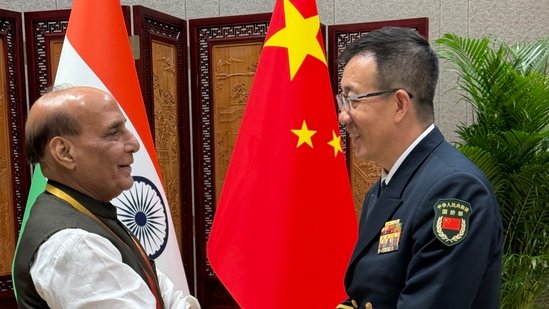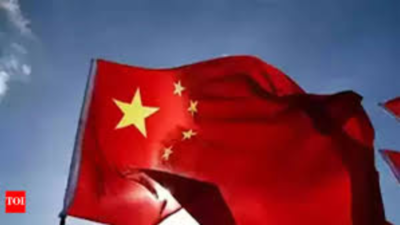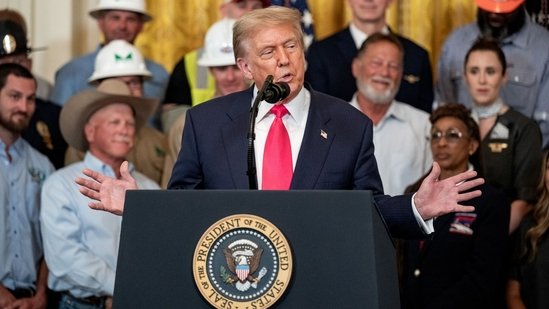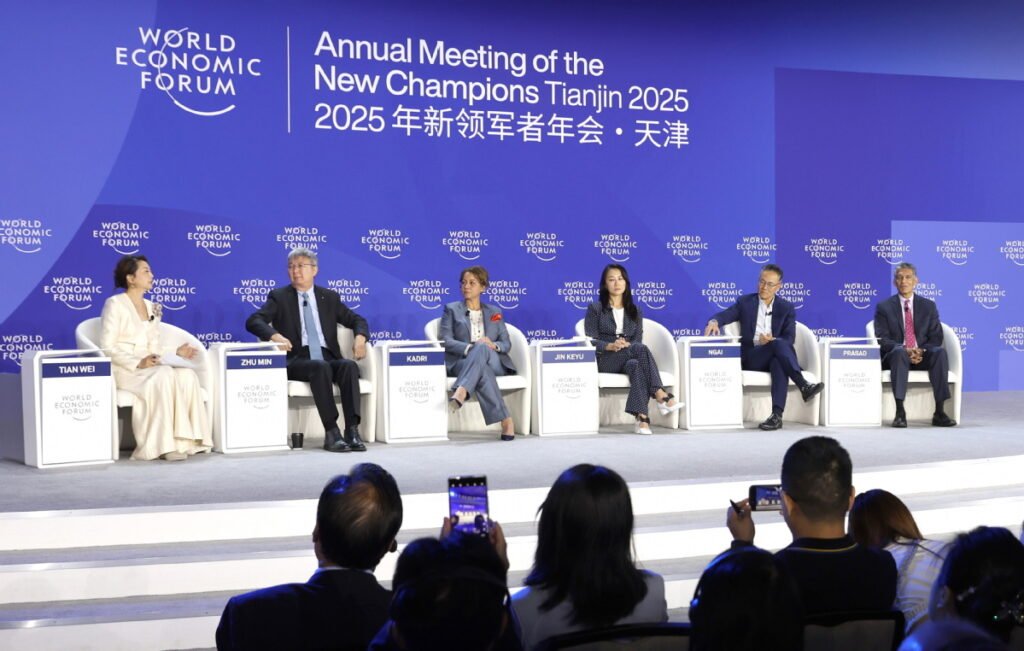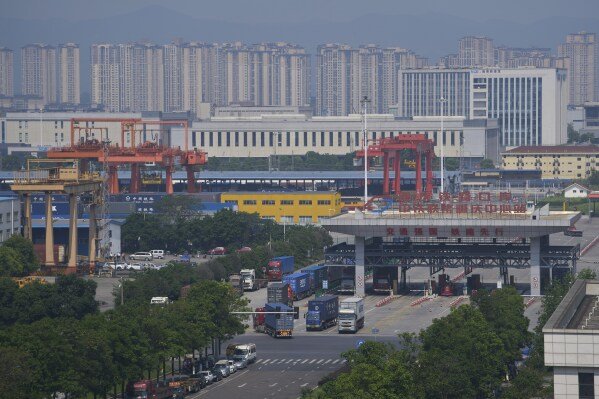The pan-European STOXX 600 index advanced 0.9% at 542.27 points, as of 0825 GMT. The index was on track to log its first weekly gain in three weeks. Other major regional indexes also traded higher.
A White House official said on Thursday that Washington has reached an agreement with China on how to expedite rare earths shipments to the U.S.
With worries about tensions in the Middle East easing for now, investors are focused on signs of progress on new trade deals before a respite on higher tariffs threatened by U.S. President Donald Trump expires in early July.
EU leaders discussed new proposals from the U.S. on a trade deal at a summit in Brussels on Thursday. Commission President Ursula von der Leyen did not rule out the likelihood of tariff talks failing, saying “all options remain on the table”.

Live Events
“There’s lots of negotiation going on and it takes time…but any sign that tensions are not going to re-escalate, would be taken positively,” said Richard Flax, chief investment officer at Moneyfarm. “A deal will take longer…I think both sides will try and be able to declare enough progress to be able to extend the process without seeing tariffs rise again.” European automobile stocks led sectoral gains with a 1.8% climb, followed by media shares that rose 1.6%.
UK’s JD Sports advanced 7.6%, while German sportswear makers Puma and Adidas gained 4.1% and 3.9%, respectively, after U.S. peer Nike’s first-quarter revenue outlook exceeded market expectations.
Indra gained 4.8% after Morgan Stanley upgraded the Spanish defence company to “overweight” from “equal-weight”.
Shares in the Knorr Bremse fell 4.7% after JP Morgan and Citi downgraded the German truck manufacturer to “neutral” from “overweight” and “buy”, respectively.
In the U.S., investors await the release of the core PCE price index due later in the day, which could offer additional clues on the Federal Reserve’s rate trajectory.
Meanwhile, adding to tailwinds, U.S. Treasury Secretary Scott Bessent on Thursday asked Republicans in Congress to remove the “retaliatory tax” proposal that would let Trump impose up to 20% taxes on foreign investors from countries with “unfair” taxes on U.S. firms.


